Tel Aviv, MINA – Israeli occupation soldiers are increasingly concerned about the high death toll among soldiers of the elite Golani Brigade, which has reported at least 110 deaths in combat since October 7, 2023, the highest among all infantry units, according to the Hebrew newspaper, Maariv.
In a recent report, military correspondent Gabi Ashkenazi highlighted the significant casualties suffered by the Golani Brigade during the war, attributing these losses to a combination of military chaos and a lack of discipline within the Brigade that hindered its effectiveness in carrying out combat missions, as quoted by MEMO on Friday.
Ashkenazi conducted interviews with several officers involved in operations on the northern front with Lebanon and in the Gaza Strip. However, critics argue that the report overlooks the intense resistance faced in both regions, as well as the tactical challenges that often ensnare soldiers in pre-planned traps, as noted by military analysts.
One officer involved in the recent battles called for decisive action from the Northern Command regarding the leadership of the Golani Brigade, citing the significant losses, including the deaths of 110 soldiers. This situation raises urgent questions about the effectiveness of Brigade leadership and its training practices.
Also Read: Six Deaths from Malnutrition and Starvation in Gaza within the Last 24 hours
The officer claimed that the losses were disproportionate and linked them to a failure in managing military operations. He referred to a specific incident involving a Hezbollah ambush that resulted in the death of one soldier, serious injury to a company commander, and moderate injury to the Brigade’s chief of staff, a colonel.
Among the critical errors highlighted in the report was the decision by the Brigade Commander to initiate a military operation aimed at exploring a “fortress” in southern Lebanon without proper authorization from higher military commands.
Ashkenazi described this action as poorly executed and damaging, leading to unnecessary casualties.
He stated that this operational failure reflects deeper systemic issues within the Golani Brigade, particularly the lack of discipline in decision-making processes.
Also Read: Hamas: Ready for Comprehensive Deal, Rejects Disarmament Before Independent Palestinian State
The report underscored growing concerns about the disproportionate number of casualties in the Golani Brigade compared to other infantry units, describing it as a “warning sign” that requires attention from senior military leadership.
The officer involved in the combat questioned whether the commanders of the Northern Command, the division, or the chief of staff had considered the reasons behind the concerning casualty disparity.
He emphasized that all brigades operate under the same conditions, but the high death toll suggests potential shortcomings in leadership and operational execution within the Golani Brigade. (T/RE1/P2)
Mi’raj News Agency (MINA)
Also Read: Israel Says It Is ‘Seriously Considering’ Trump’s Proposal for Gaza Hostage Deal






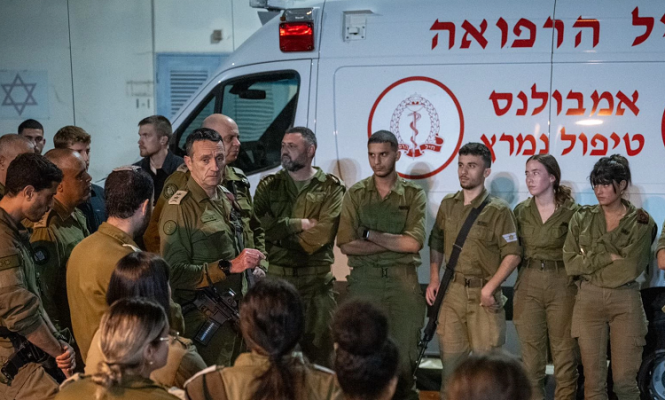





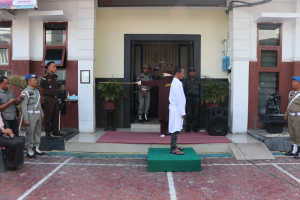



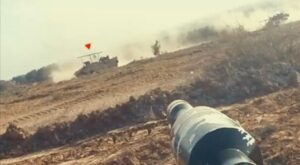
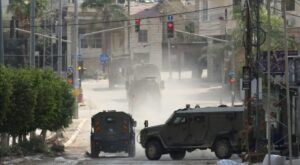
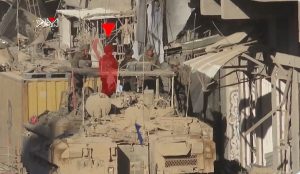
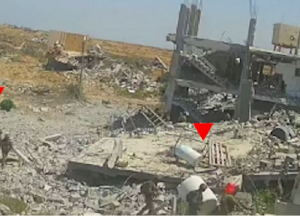
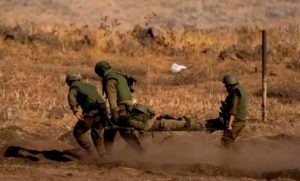
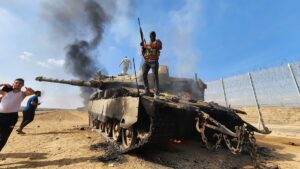




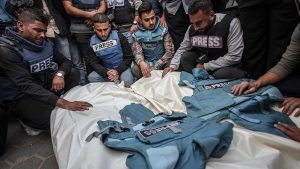
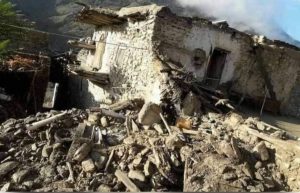


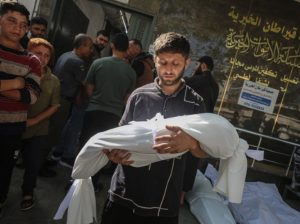







 Mina Indonesia
Mina Indonesia Mina Arabic
Mina Arabic